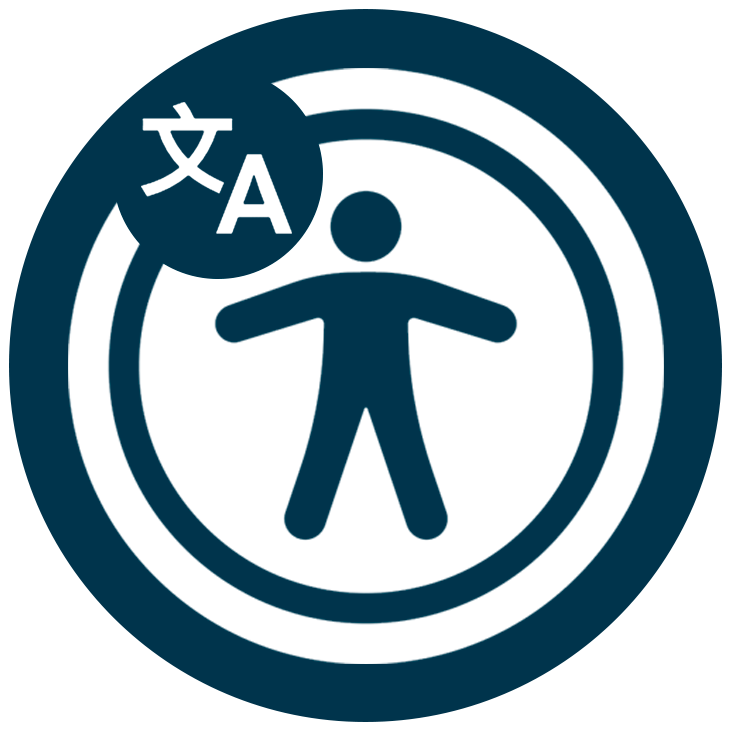Infection Prevention Control Week (IPC Week), held from 13th to 19th October 2024, is dedicated to raising awareness about the vital role we all play in preventing the spread of infections, particularly within healthcare settings. This week serves as a reminder of the ongoing importance of infection prevention practices, not only for healthcare professionals but for everyone, including patients, families, and the general public.
Why Infection Prevention is Important
Infection prevention and control (IPC) are essential for safeguarding patient safety in hospitals, care homes, and other medical facilities. The rise of antimicrobial resistance, the spread of hospital-acquired infections (HAIs), and the ongoing threats from contagious diseases like COVID-19 have made infection control more critical than ever.
Healthcare-associated infections, such as MRSA, C. difficile, and surgical site infections, pose significant risks to patients and place a heavy burden on healthcare systems. These infections can lead to prolonged hospital stays, increased treatment costs, and in some cases, life-threatening complications. Simple, everyday practices like hand hygiene, proper sterilisation of medical equipment, and following protocols for the use of antibiotics play a massive role in preventing the spread of infections.
IPC Week highlights these practices and aims to educate both healthcare professionals and the public on how they can help prevent infections.
How Healthcare Professionals Play Their Part
Healthcare workers, from doctors and nurses to support staff, are at the forefront of infection control efforts. Their adherence to IPC protocols is essential for reducing the risk of infections in healthcare settings. This includes following strict hygiene measures, using personal protective equipment (PPE), safely handling waste and medical instruments, and ensuring that patients and visitors follow infection control guidelines.
During Infection Prevention Control Week, hospitals and healthcare facilities often hold training sessions and events to reinforce the importance of these practices. It's also an opportunity to recognise the dedication of infection control teams, who work behind the scenes to maintain high standards of cleanliness and safety in healthcare environments.
The Role of Patients and Families in Infection Control
Infection prevention isn’t solely the responsibility of healthcare professionals—patients and their families also play a crucial role. For patients in hospital or care settings, following simple guidelines can greatly reduce the risk of infection:
1. Hand Hygiene
Proper handwashing is one of the most effective ways to prevent the spread of infections. Patients, families, and visitors should wash their hands regularly, especially after using the bathroom, before eating, and after contact with any medical equipment.
2. Understanding Antibiotic Use
Patients should always follow their doctor’s advice on antibiotics, as overuse or misuse of these medications contributes to antimicrobial resistance. It's important to complete prescribed antibiotic courses and not demand antibiotics for viral infections like the common cold, where they have no effect.
3. Follow Infection Control Guidelines
Patients and visitors should adhere to any infection control guidelines set out by healthcare facilities. This may include wearing masks, using hand sanitiser, or limiting visits to certain areas to reduce the spread of infections.
4. Vaccinations
Vaccinations are a crucial tool in preventing the spread of infectious diseases. Patients, particularly those who are vulnerable or immunocompromised, should ensure they are up to date with vaccinations such as the flu vaccine and any others recommended by healthcare professionals.
5. Raising Public Awareness
While infection prevention is often associated with hospitals, the principles of IPC extend far beyond healthcare settings. Raising public awareness during IPC Week helps people understand how they can reduce the risk of infections in everyday life. From washing hands properly to ensuring vaccinations are up to date, small actions can make a big difference in reducing the spread of infections.
Schools, workplaces, and community centres often get involved during IPC Week by promoting hand hygiene, proper sanitation practices, and awareness around common infections. These efforts help to create a culture of prevention and responsibility, ensuring that infection control becomes a shared duty across society.
Infection Prevention in a Post-Pandemic World
The COVID-19 pandemic has brought infection control to the forefront of public consciousness. The importance of hygiene, social distancing, and personal protective equipment became everyday talking points, showing us how easily infections can spread in a connected world. Infection Prevention Control Week serves as a reminder that these practices remain vital, even beyond the pandemic, to protect against other infections and to continue safeguarding public health.
How You Can Participate in IPC Week
There are many ways you can get involved in Infection Prevention Control Week and help spread the message of safety and awareness:
1. Share Information
Use social media to share facts and tips about infection prevention. You can raise awareness by discussing the importance of hand hygiene, safe antibiotic use, and vaccination.
2. Practice Good Hygiene
Ensure that you and those around you are practising good hygiene both at home and in public. Encourage family members, particularly children, to wash their hands properly and regularly.
3. Attend Awareness Events
Many hospitals and healthcare facilities host awareness events and training sessions during IPC Week. These events can help you learn more about infection control and how you can contribute to a safer healthcare environment.
4. Recognise Healthcare Workers
Show your appreciation for the hard work of healthcare professionals who uphold infection control standards every day. Their efforts protect patients and the wider community from preventable infections.
Adopt Infection Prevention Measures Year-Round
Infection prevention isn’t something that should be limited to a single week. By adopting proper hygiene practices, understanding the responsible use of antibiotics, and getting vaccinated, you can help reduce the risk of infections year-round. These small, daily actions play a big role in keeping communities safe and ensuring that healthcare settings remain free from harmful infections.
By staying vigilant about infection prevention and control, we can all play a part in keeping patients, healthcare workers, and our communities safe from infection. Infection Prevention Control Week 2024 serves as a powerful reminder of the ongoing work we must do to prevent the spread of infections and protect public health.











